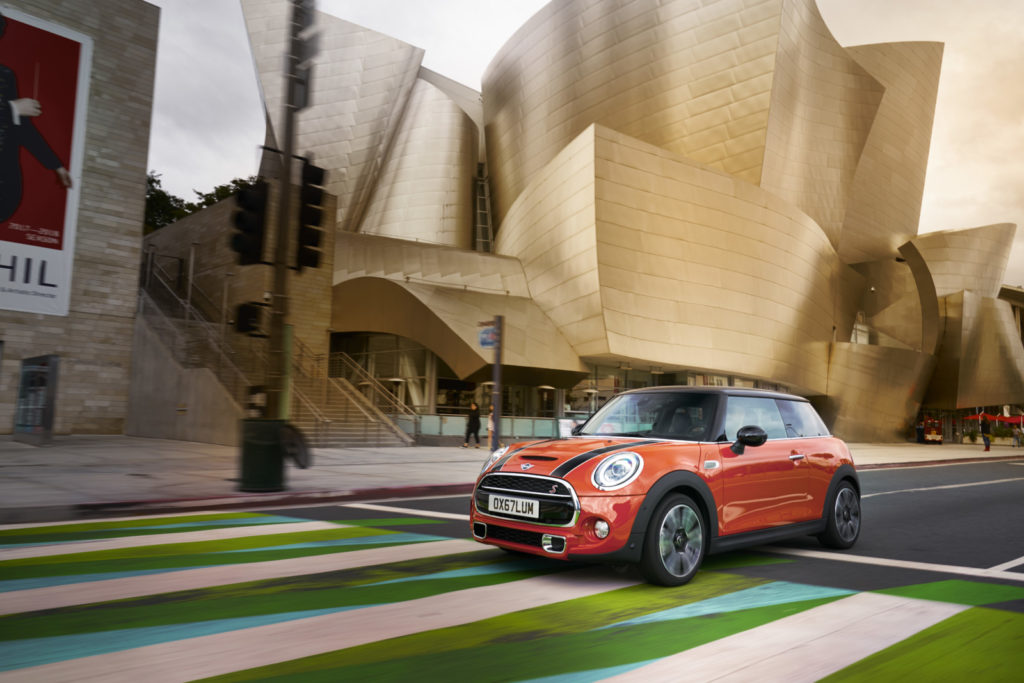Although MINI continues to have a tough time as far as sales are concerned this year, the brand still managed to earn the top spot in the JD Power U.S. Sales Satisfaction Index (SSI) study. The study, which surveys individuals and asks them about their dealership experience, gathered data from over 25,000 individuals who purchased or leased a new vehicle in April or May of 2018, and also includes those who shop at one dealership and then make a purchase at another.
MINI sales are down 2.9% on a year-to-date scale in the U.S., while the global figure is in the negative as well at 1.6% below last year’s banner results. The reason for the slump is anyone’s guess, but some of the top complaints people tend to cite are related to styling that has become rather stale over the past fifteen years along with competition that has caught up in terms of quality, luxury, technology, features and pricing.
Whatever the underlying cause, or collection of causes, they haven’t resulted in MINI dealerships turning into high-pressure sales environments dominated by associates that can effectively be compared to vultures circling the desert sky in search of scraps of meat. Instead, MINI has once again found itself ranked first in terms of sales satisfaction as measured in the SSI study, beating out all other mass market brands with a score of 798 on a scale of 1,000. Getting more specific, the weighted categories of the survey address customer satisfaction as it relates to distinct areas such as dealership personnel, the delivery process, negotiation, signing the paperwork, the dealership website and its actual facilities. For the so-called rejectors—individuals who check out a car at one dealership and subsequently buy from another—the categories are a bit different, and focus more on the individual salesperson, price, and negotiation process, while things are rounded out with data gathered about the inventory variety and facility.
MINI held the top spot in the SSI study from 2010 until 2015 as far as mass market brands are concerned. During 2016 and 2017 the brand finished second, and the study itself, which has been around for 32 years now, was redesigned last year. BMW, on the other hand, is ranked on the luxury version of the SSI study, which Porsche dominated with a total score of 828. The experience at a BMW Center slotted ten points below the industry average at 794. Close competitors for MINI include, oddly enough, GMC, Buick and Chevrolet, the first two of which can be considered slightly upmarket, while BMW sits below the likes of Audi, Lincoln, Continental, Mercedes-Benz, Lexus and Infiniti, all of which could still learn a thing or two from Porsche.—Alex Tock
[Photos courtesy BMW Group.]
